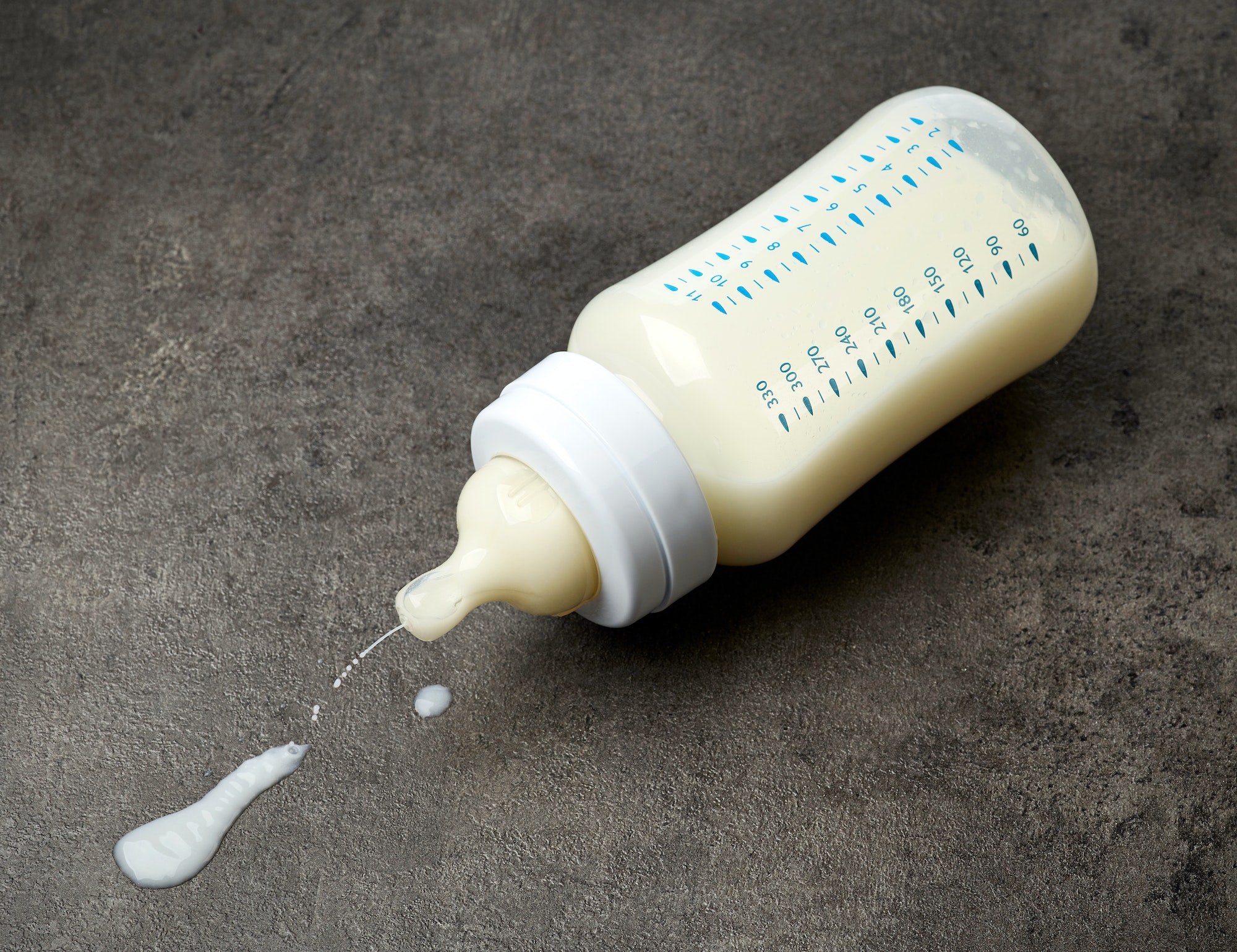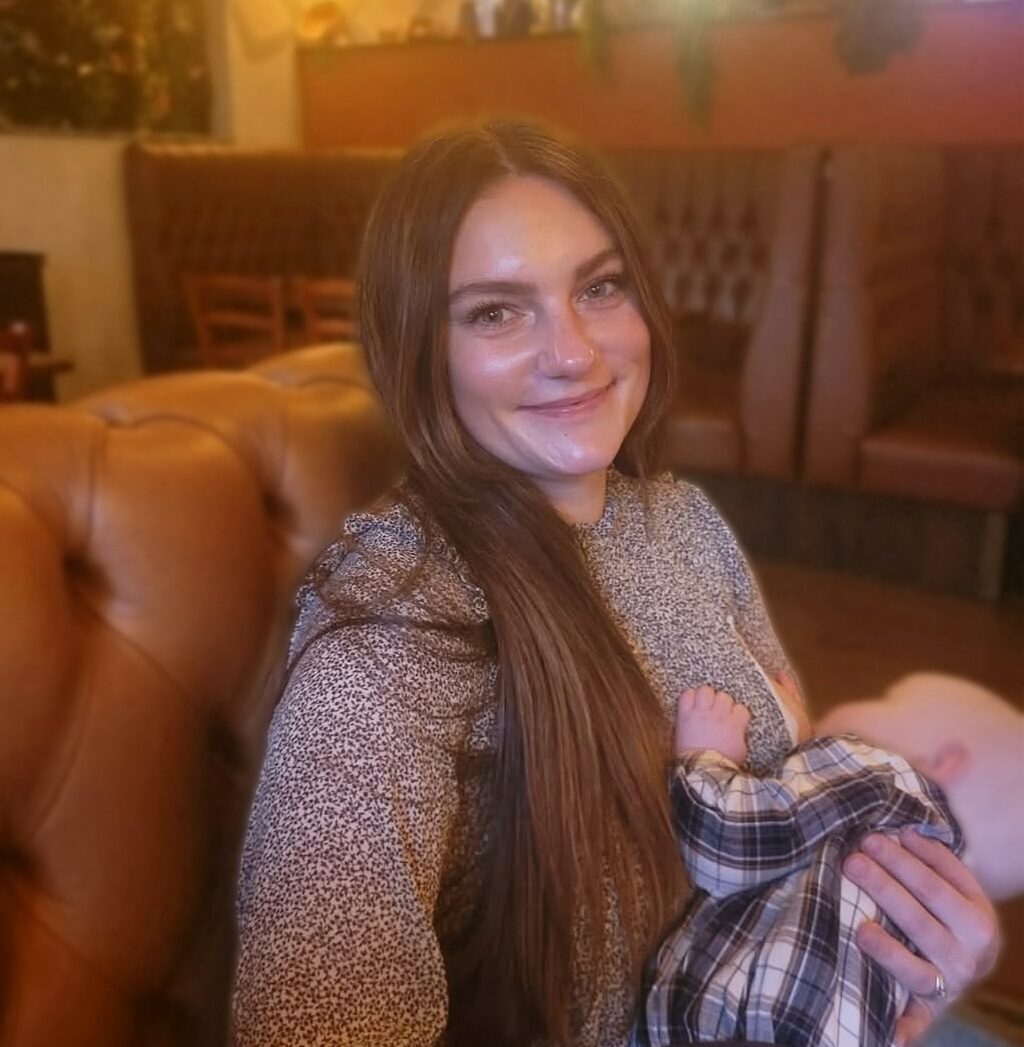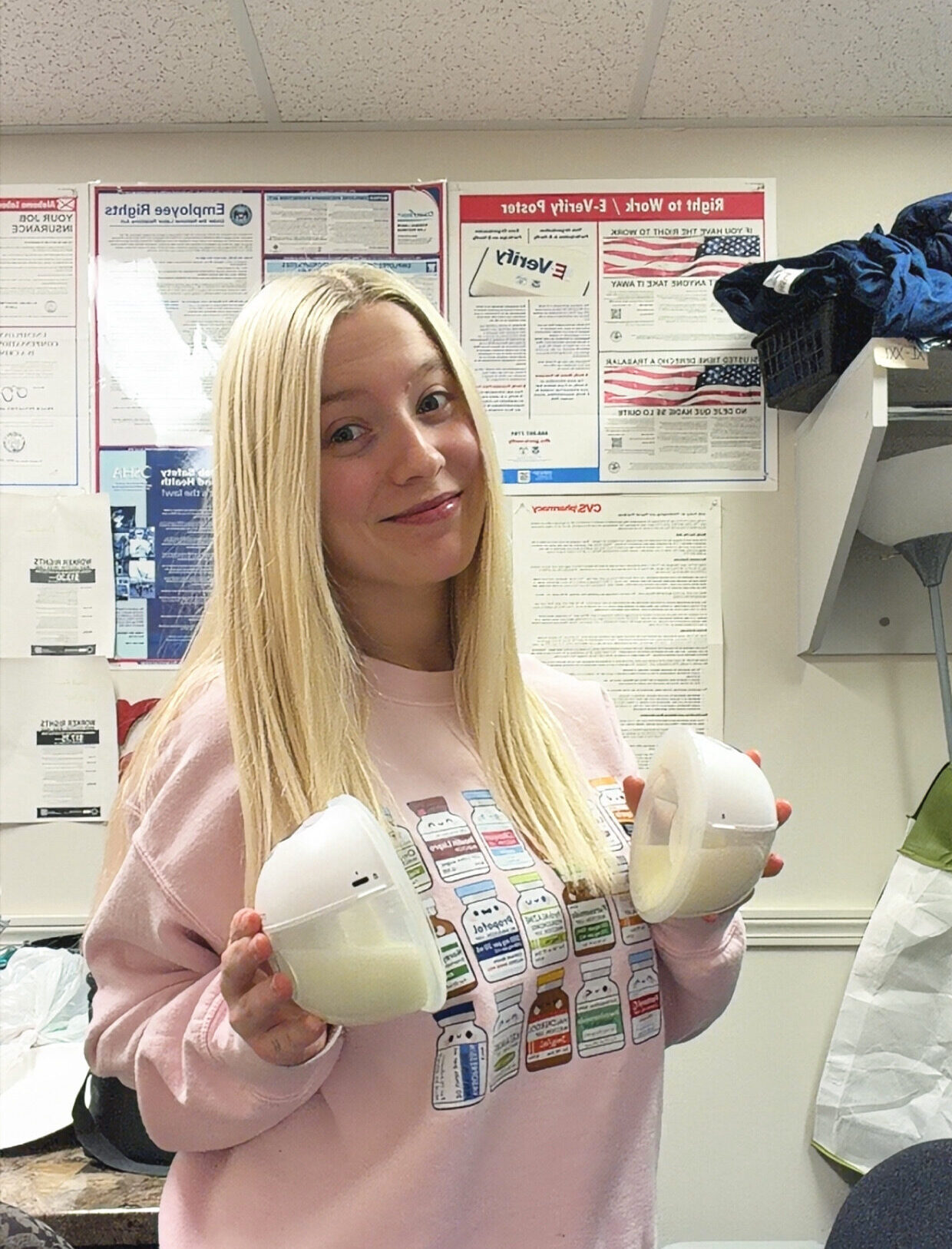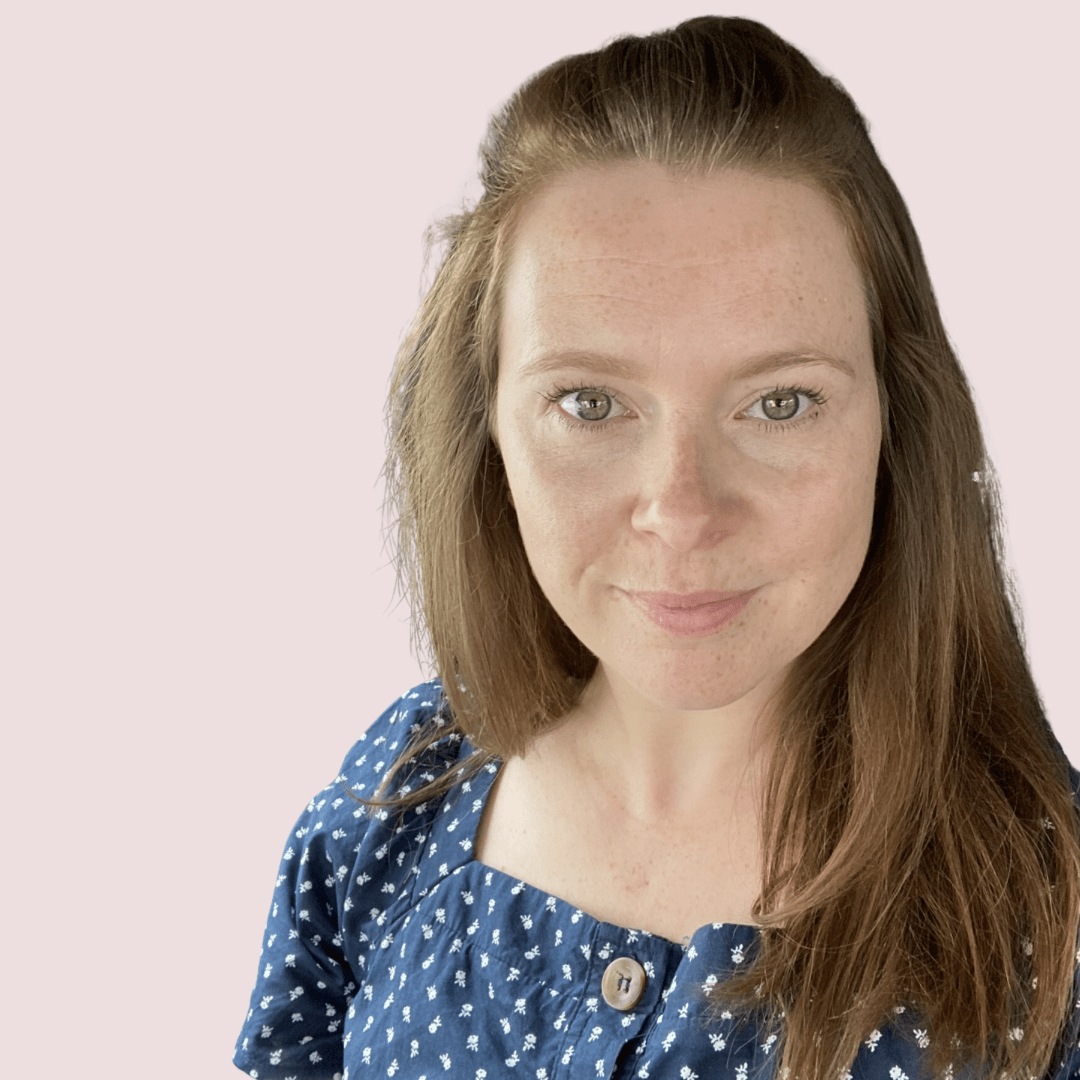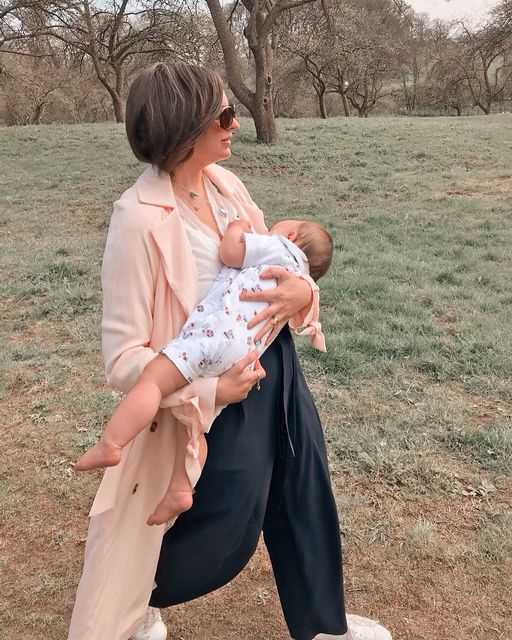Most health claims on formula milk products have little or no supporting evidence, researchers have said, prompting calls for stricter marketing rules to be introduced worldwide.
Millions of parents use formula milk in what has become a multibillion-dollar global industry. But a study published in the BMJ has found most health and nutritional claims about the products appear to be backed by little or no high-quality scientific evidence.
“The wide range of health and nutrition claims made by infant formula products are often not backed by scientific references,” said Dr Ka Yan Cheung and Loukia Petrou, the joint first co-authors of the study. “When they are, the evidence is often weak and biased.”
Cheung and Petrou, from Imperial College London, added: “We also found that many ingredients were linked to several claims, and some claims were linked to multiple ingredients. It’s essential that the industry provides accurate and reliable information to consumers, rather than using vague or unsupported claims as marketing tools.”
“It’s essential that the industry provides accurate and reliable information to consumers, rather than using vague or unsupported claims as marketing tools.”
Cheung and Petrou
The study found that existing marketing curbs on formula milk are failing to stop companies from using controversial claims to promote their products. Rules governing the way the products are sold to customers are “failing to effectively limit the use of claims in marketing of breast milk substitutes”, it found.
The research examined formula products across 15 different countries and found that most products carried at least one health or nutrition claim. The authors highlighted how such claims are controversial and are banned in some countries.
They assessed how the products were marketed across Australia, Canada, Germany, India, Italy, Japan, Nigeria, Norway, Pakistan, Russia, Saudi Arabia, South Africa, Spain, the UK, and the US. The team examined 814 infant formula products. The products carried an average of two claims each.
The researchers found that the most common claim types were “helps/supports development of brain and/or eyes and/or nervous system”; “strengthens/supports a healthy immune system”; and “helps/supports growth and development”.
When references were provided, 56% reported findings of clinical trials while the rest were reviews, opinion pieces or other types of research including animal studies, the BMJ reported. Only 14% of citations that referred to clinical trials were prospectively registered, and 90% of claims that cited registered clinical trials carried a high risk of bias.
The BMJ added that 88% of registered trials had authors who either had received formula industry funding or were directly affiliated with industry.
“Multiple ingredients were claimed to achieve similar health or nutrition effects, multiple claims were made for the same ingredient type, most products did not provide scientific references to support claims, and referenced claims were not supported by robust clinical trial evidence,” the authors said.
They concluded: “Despite previous attempts to change the landscape of infant formula marketing … progress in regulating infant formula claims is slow. Transparency is still lacking about health and nutrition claims linked to infant formula. We have identified a high prevalence of claims on infant formula products in multiple countries that seem to have little or no scientific substantiation.”
This article was first published here. You can read the original article in full here.




